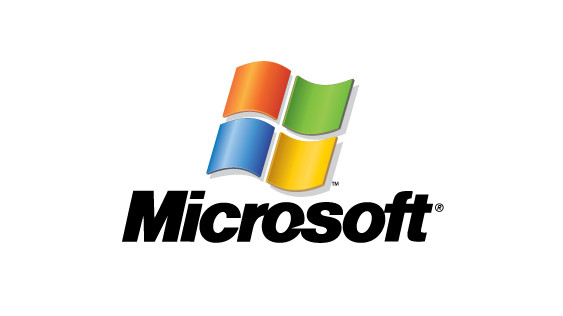It’s easy to envision what a world-class technology hub for the Americas could look like in Florida. There’s already one shining example in Fort Lauderdale, Fla., at Microsoft’s Latin America headquarters.
The tech giant employs 400 people at its bustling offices, up from 100 five years ago. Its business in Latin America and the Caribbean has tripled in that same time to top $1 billion per year.
From the Fort Lauderdale headquarters, Microsoft oversees operations in 46 countries and territories in Latin America and the Caribbean, where it employs some 2,000 people in factories, research, sales and other operations.
Business is so strong that the region ranked as the fastest-growth area for Microsoft worldwide in recent years, said Microsoft Latin America President Hernan Rincon.
“We believe that Latin America is a land of opportunities,” said Rincon, a Colombian industrial engineer.
Last year, the fast-developing region ranked No. 5 for sales among Microsoft’s 13 world regions, as its growing middle class snapped up computers, game consoles, cellphones and many other tech offerings. And speedy growth should continue.
Rincon cited studies from researcher IDC forecasting predicting investment in information technology in Latin America could reach $139 billion this year, up 8 percent from 2013. Sales of tablets alone should rise 34 percent in the region this year, IDC predicts.
Tapping into that economic activity should bring more tech jobs and business to South Florida, say organizers behind eMerge Americas, a group pushing to make the region a tech hub for the Americas. The movement’s first conference starts Thursday in Miami Beach.
Microsoft is actively involved with the eMerge conference, especially with sessions on helping cities use technology to better connect systems, data and people. Microsoft already is working on its CityNext programs with officials in Buenos Aires in Argentina, Sao Paulo in Brazil and Medellin in Colombia to make information more accessible and services more affordable, Rincon said.
Microsoft chose South Florida for its Latin America headquarters about two decades ago. It moved to its current locale in Fort Lauderdale in 2002. The lure: proximity and easy access to Latin America, “perspective” to lead the entire region from a South Florida location and the availability of diverse talent both from South Florida and Latin America, executives said.
The company’s presence and expansion serves as a selling point for business in Broward County, Fla.
“For Microsoft to have their Latin America headquarters in Broward is a huge vote of confidence for our area,” said Bob Swindell, chief executive of the Greater Fort Lauderdale Alliance, the county’s economic development partnership.
South Florida long has worked to lure corporate headquarters for Latin America. Those offices typically offer jobs paying above average salaries based on staff with language and cultural skills.
Their overseas links also often lead to greater trade of goods through regional ports. It also tends to bring in staff, customers and others from Latin America and other world regions, helping lift business at area hotels, restaurants, nightspots and retail shops, said Swindell.
“No trip to South Florida is complete without a visit to Sawgrass Mills,” he joked, referring to the outlet mall popular among Latin Americans for brand-name goods sold at lower prices than in their homelands.
Tech headquarters also give an extra boost to South Florida by spurring collaboration with local universities and local tech efforts for business, government and nonprofits, say backers of eMerge Americas.
In addition to attracting headquarters looking south, tech hub proponents also would like to see more tech firms from Latin America set up in South Florida and a stronger ecosystem to help startups grow.
Even Microsoft, which reported more than $77 billion in revenue last year, was once a startup.
———
©2014 Sun Sentinel (Fort Lauderdale, Fla.)
Visit the Sun Sentinel (Fort Lauderdale, Fla.) at www.sun-sentinel.com
Distributed by MCT Information Services



